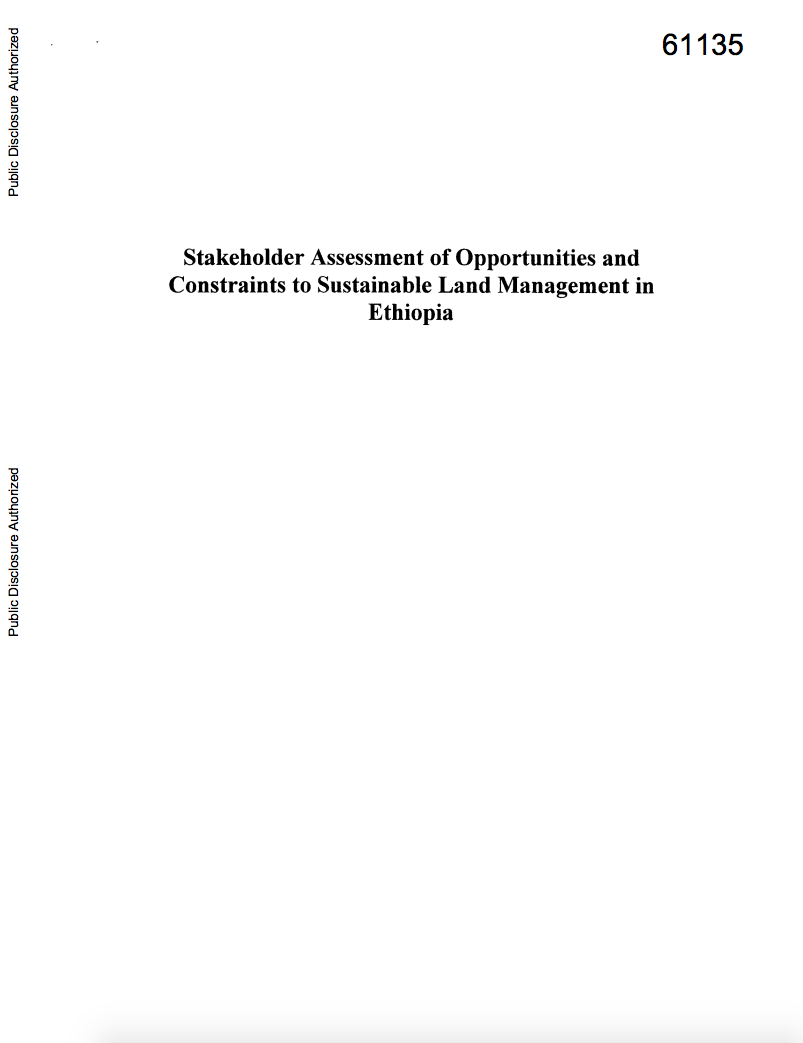Securing Property Rights in Transition : Lessons from Implementation of China's Rural Land Contracting Law
This paper is motivated by the emphasis
on secure property rights as a determinant of economic
development in recent literature. The authors use village
and household level information from about 800 villages
throughout China to explore whether legal reform increased
protection of land rights against unauthorized reallocation
or expropriation with below-average compensation by the
state. The analysis provides nation-wide evidence on a


